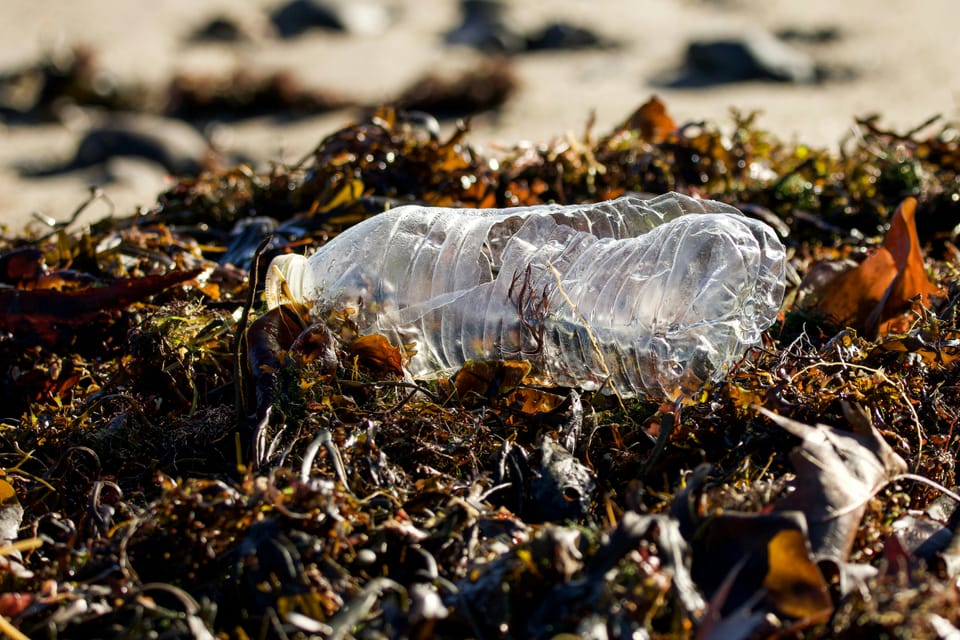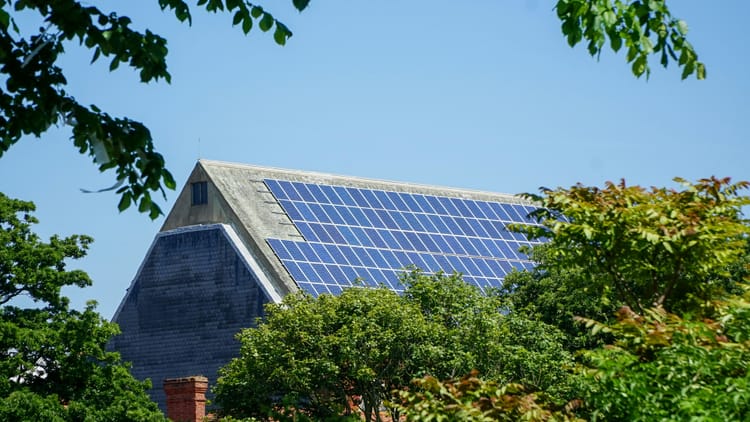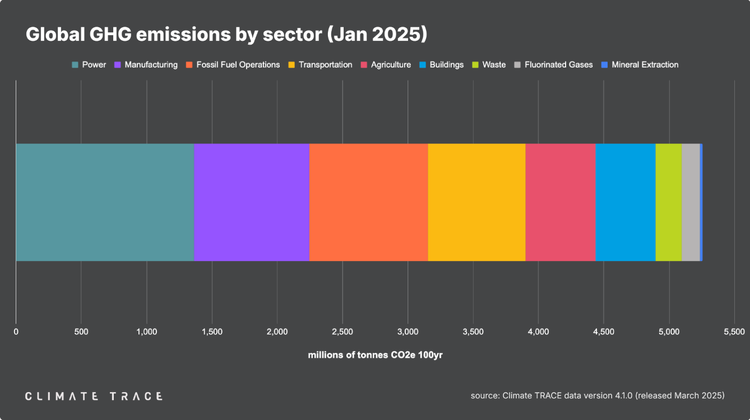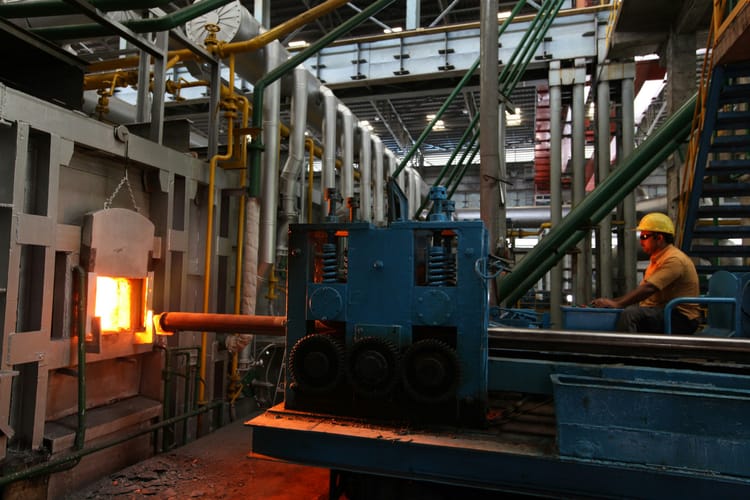Slow progress on Global Plastic Treaty as talks dominated by fossil lobbyists

Progress remains slow halfway through the final negotiations on a Global Plastic Treaty in South Korea, as new research reveals that a record 220 fossil fuel and chemical industry lobbyists are participating in the talks.
After a positive start with the adoption of a streamlined draft on the first day of the Busan negotiations, progress has stalled in the past few days, revealing significant differences in ambition between countries – and the pervasive influence of the plastics industry lobby.
No fewer than 220 fossil fuel and chemical industry lobbyists were registered to participate in the Intergovernmental Negotiating Committee’s fifth and final session (INC-5), according to research published on November 27 by the Center for International Environmental Law (CIEL).
Plastic industry lobbyists form largest delegation in Busan
This is the highest number ever registered at plastics treaty negotiations so far, and makes fossil fuel lobbyists the largest delegation present at the summit – outnumbering the host Republic of Korea’s 140 representatives, as well as the European Union and all of its Member States combined 191 representatives.
In addition, CIEL warns that the lobbyists’ actions are not limited to their participation in treaty negotiations, with reports of intimidation and interference have surfaced in recent months.
“From the moment the gavel came down at UNEA-5.2 [the fifth session of the UN Environment Assembly in 2022, where countries decided to develop the Global Plastics Treaty] to now, we have watched industry lobbyists surrounding the negotiations with sadly well-known tactics of obstruction, distraction, intimidation, and misinformation,” said Delphine Levi Alvares, Global Petrochemical Campaign Manager at the Center for International Environmental Law.
“Their strategy – lifted straight from the climate negotiations playbook – is designed to preserve the financial interests of countries and companies who are putting their fossil-fueled profits above human health, human rights, and the future of the planet.” she added.
Towards a plastic production cap?
Fossil and chemical industry lobbyists are particularly opposed to the production cap being considered in the draft: this week, the American Chemistry Council argued that limiting plastic production could cost jobs and even inadvertently lead to increased greenhouse gas emissions from alternative materials.
This type of argument is influencing the decisions of several countries, and could result in a “watered down” treaty. “At this stage in the negotiations, there are two options left – deliver a watered-down treaty that leaves the plastic crisis in the hands of the next generation to fix once again, or realise that when it comes to plastic pollution, some countries will choose profit over planet, and when they do, we forge a path forward without them,” said Erin Simon, vice president and head of plastic waste and business, WWF.







Member discussion